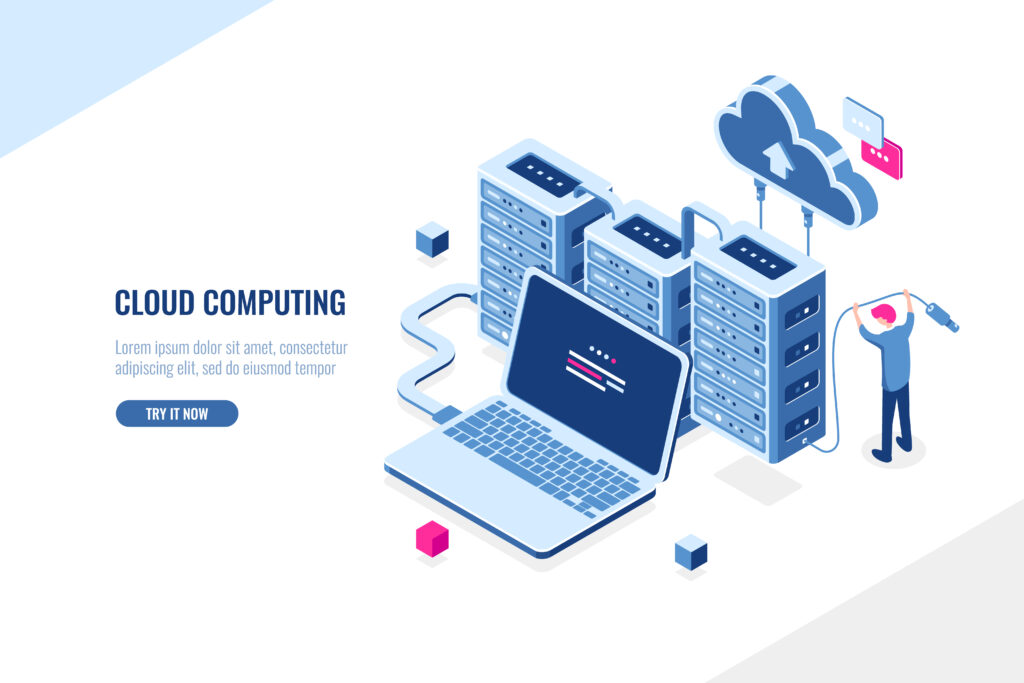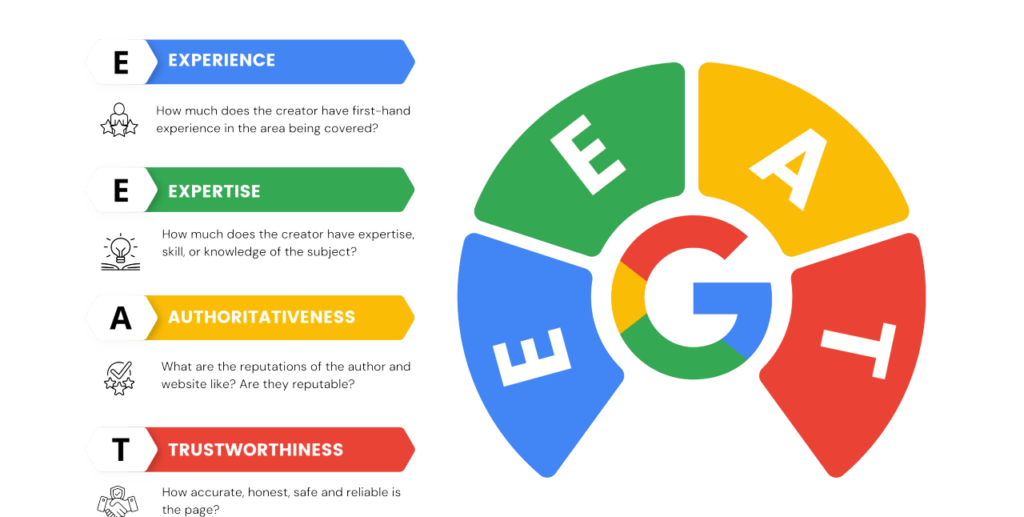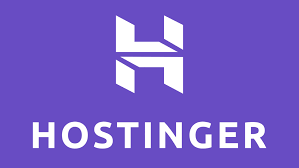What is Cloud Computing?

Cloud computing is a revolutionary technology that enables on-demand access to a shared pool of computing resources, such as servers, storage, and applications, over the internet.
Key Benefits of Cloud Computing
– Scalability: Scale up or down to match changing business needs
– Flexibility: Access resources from anywhere, on any device
– Cost-Effective: Reduce capital and operational expenses
– Reliability: Ensure high uptime and minimal downtime
Cloud Computing Deployment Models
– Public Cloud: Shared resources over the internet
– Private Cloud: Dedicated resources for a single organization
– Hybrid Cloud: Combination of public and private cloud services
Cloud Computing Service Models
– IaaS (Infrastructure as a Service): Virtualized computing resources
– PaaS (Platform as a Service): Development and deployment tools
– SaaS (Software as a Service): Software applications over the internet
Cloud Computing Security and Compliance
– Data Encryption: Protect data in transit and at rest
– Access Controls: Manage user access and permissions
– Compliance: Meet regulatory requirements and standards
Real-World Applications of Cloud Computing
– Big Data Analytics: Process large datasets for insights
– IoT (Internet of Things): Connect and manage devices
– Artificial Intelligence: Develop and deploy AI models
FAQs
Q: What is the difference between cloud computing and traditional computing?
A: Cloud computing provides on-demand access to shared resources over the internet.
Q: How secure is cloud computing?
A: Cloud computing offers robust security measures, including data encryption and access controls.
Q: Can I migrate my existing applications to the cloud?
A: Yes, with the help of cloud migration services and tools.






